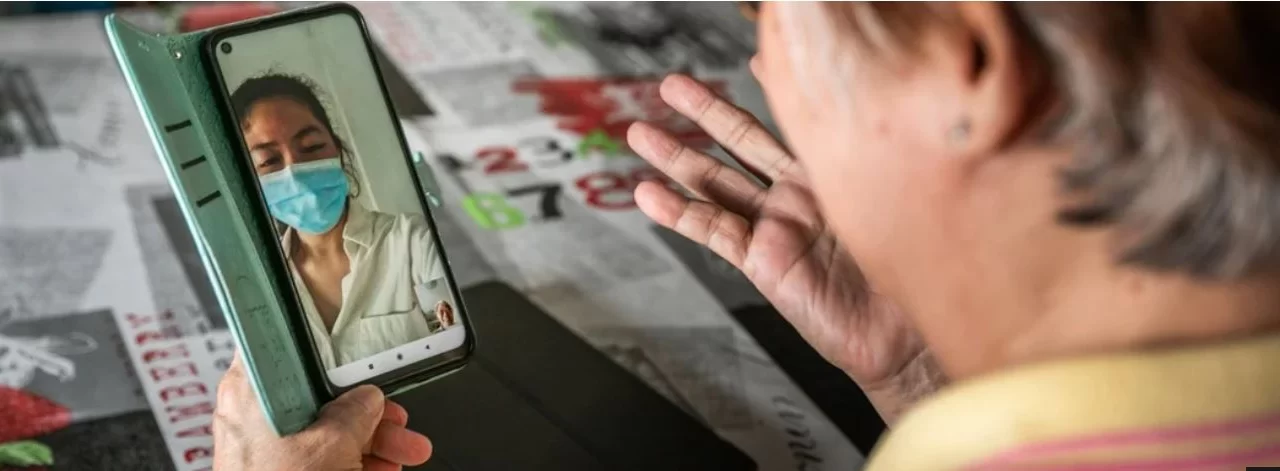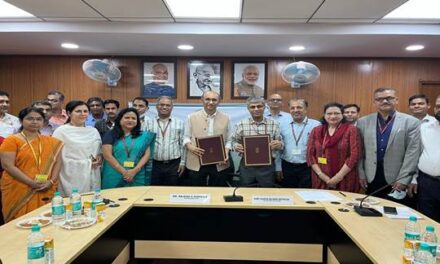The allure of working from home has become increasingly irresistible for many professionals, including physicians. With its promise of eliminating daily commutes, fostering a relaxed dress code, and enhancing work-life balance, remote medical practice is gaining traction. While telemedicine remains a cornerstone of remote healthcare, physicians now have a myriad of alternative options to explore.
Traditionally, telemedicine revolves around live video consultations, mimicking in-person visits sans physical touch. However, the landscape of virtual care is evolving rapidly, fueled by technological advancements, regulatory shifts, and a broader acceptance of remote work culture.
Remote Patient Monitoring: Leveraging technology to track patient health data in real-time or asynchronously, remote patient monitoring enables physicians to make informed treatment decisions remotely. Particularly beneficial in managing chronic conditions, this method offers flexibility and autonomy, making it appealing across various specialties.
Online Medication Management and Text-Based Consults: Utilizing online forms, secure messaging, and medical record reviews, physicians can efficiently gather clinical data and provide medication management and consultations remotely. This model accommodates part-time engagement, fitting into physicians’ schedules seamlessly.
eConsults: Facilitating collaboration among healthcare professionals, eConsult platforms allow for asynchronous communication and specialist recommendations without direct patient interaction. Physicians can join specialist panels and complete consultations remotely, supplementing their income on a per-consult basis.
Phone-Only On-Call Positions: Offering recommendations and orders over the phone without in-person visits, phone-only on-call roles provide a low-stress clinical option for physicians seeking additional income from home.
Supervision of Nurse Practitioners (NPs) and Physician Assistants (PAs): In states mandating physician oversight, remote supervision introduces part-time opportunities for physicians to oversee NPs and PAs without physical presence, through phone or email consultations and chart reviews.
Remote Medical Directorships: Remote medical directors play a crucial role in clinical protocol oversight across various healthcare settings, without direct patient contact. Responsibilities include regulatory compliance, treatment protocol development, and intervention in complex cases.
Embracing these diverse remote healthcare options allows physicians to maintain involvement in patient welfare while enjoying the benefits of working from home. From clinical trial monitoring to insurance claims examinations, remote practice alternatives cater to various career aspirations and mitigate burnout risks.
As remote work continues to redefine professional landscapes, physicians are encouraged to explore unconventional avenues in medical practice, fostering innovation and enhancing patient care capabilities.












